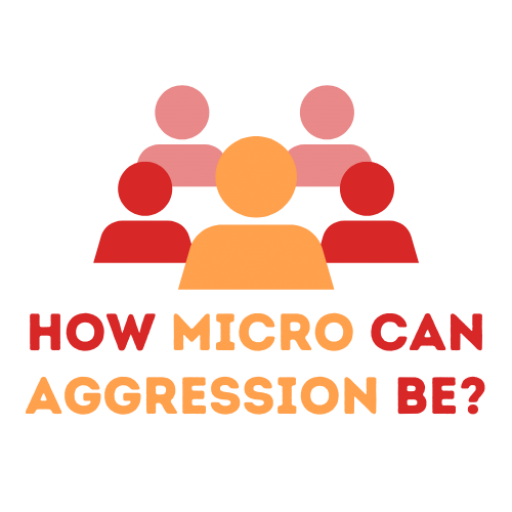Step 4: Brainstorm
The facilitator asks the group to brainstorm the following questions (answers are added below to steer the participants in the right direction, add them if the participants fail to name them). The facilitator writes the answers down on a whiteboard or flip chart (10 minutes).
- How can you tell that you might have unintentionally committed a micro-aggression?
- The person you were communicating with shuts down or seems distant.
- The conversation gets quiet or redirected.
- You are directly told your actions were offensive.
- What are non-defensive responses to give to the other person once you realize you have unintentionally committed micro-aggression?
Ask to process the situation: “I was unaware of this. I clearly need to do more research on this topic. Would you be ok with continuing this conversation once I have processed my own feelings and read up on this topic? Thank you for understanding.”
Apologize: “I am sorry I had that impact on you. Thank you for telling me. I will not do this again in the future now that I know better.”
Validate the other and ask for more information: “I really appreciate you letting me know, that cannot have been easy. Would you mind explaining your perspective so I can better understand your experience and the impact I had on you?”
What are questions you (as a professional) can ask to help the person who experienced the micro-aggression you unintentionally committed? How can you help them process and minimize the harm after you have given them a non-defensive response?
- Check-in: “What do you need right now? Can I help with that?”
- Refer to expert: “Do you need additional support? I imagine you need to process what just happened, and I understand I might not be the right person for that. Could I or someone else refer you to a colleague/counselor who can help you process?”
